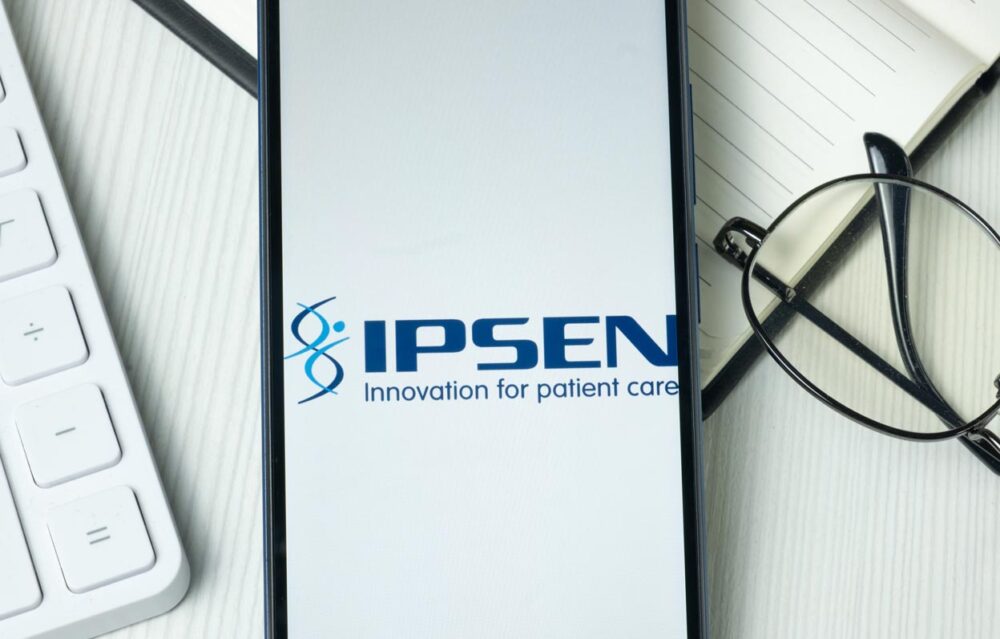Advertisment
Late breaking data for Iqirvo (elafibranor) from interim analysis of Phase III ELATIVE study for Primary Biliary Cholangitis at AASLD meeting – Ipsen

Ipsen announced late-breaking data for Iqirvo (elafibranor 80 mg tablets) from an interim analysis of the ongoing open-label extension of the Phase III ELATIVE study at the American Association for the Study of Liver Disease (AASLD) congress. The late-breaking presentations (Abstract #5041 and Abstract #5042) report on biomarkers of cholestasis, stabilization of surrogate markers of liver fibrosis and moderate-to-severe pruritus data for up to three years in Iqirvo-treated patients. Additionally, exploratory endpoints in fatigue and sleep were evaluated using patient-reported outcomes tools.
“Over three years, Iqirvo data suggest sustained efficacy and support the safety profile of the medicine. Importantly, when patients tell me they are less impacted by itch and fatigue—that matters to me as a physician,” said Dr. Kris Kowdley, Director at The Liver Institute Northwest, Washington and a primary investigator on the ELATIVE study. “Treatment with Iqirvo had an impact on symptoms of pruritus and surrogate markers of fibrosis, which are important findings for people living with PBC.”
“Fatigue is a symptom often reported by people living with PBC and is also very challenging to manage,” said Dr. Mark Swain, Department of Medicine, Cumming School of Medicine, University of Calgary, Canada. “Patients treated with Iqirvo reported improvement in fatigue and sleep, across several patient-reported outcome measures.”
The open-label extension (OLE) included 138 patients who completed the double-blind period of the Phase III ELATIVE study. This interim analysis was performed after at least one year of treatment with Iqirvo in the OLE (up to three years total). In patients receiving three years of continuous treatment with Iqirvo across the double-blind period and OLE (n=13), 85 percent had a biochemical response (n=11/13; ALP <1.67 x ULN, with ≥ 15% reduction from baseline and total bilirubin ≤ ULN) and 39 percent achieved ALP normalization (n=5/13) at week 156. Surrogate markers of liver fibrosis, liver stiffness measurements (n=23) and enhanced liver fibrosis (ELF) (n=19) scores, suggest stabilization when measured from baseline to week 130. In patients continuously receiving Iqirvo for up to 156 weeks, pruritus improvements were sustained for patients with moderate or severe pruritus at baseline (n=5).
No new safety findings were observed. The most common treatment-emergent adverse events (>10 percent) occurring more frequently in patients treated with Iqirvo than placebo in the double-blind period of the trial (abdominal pain, diarrhea, nausea and vomiting) were also reported in the OLE.





